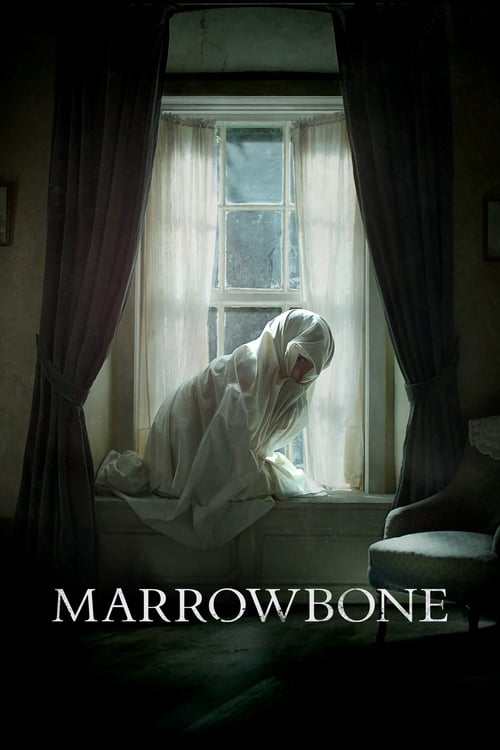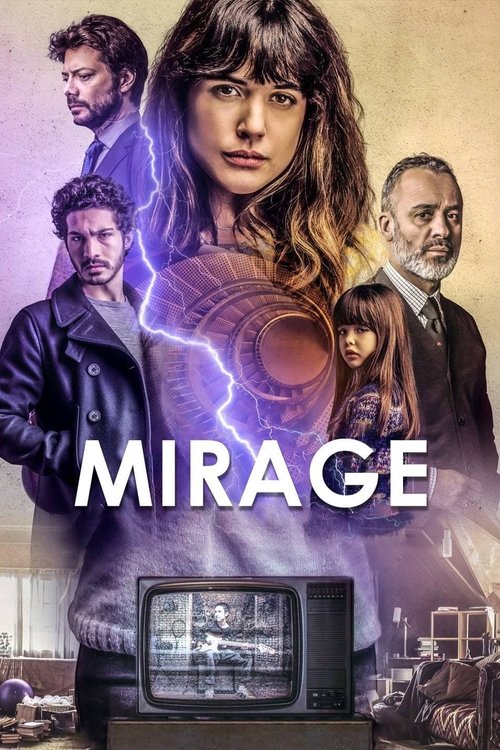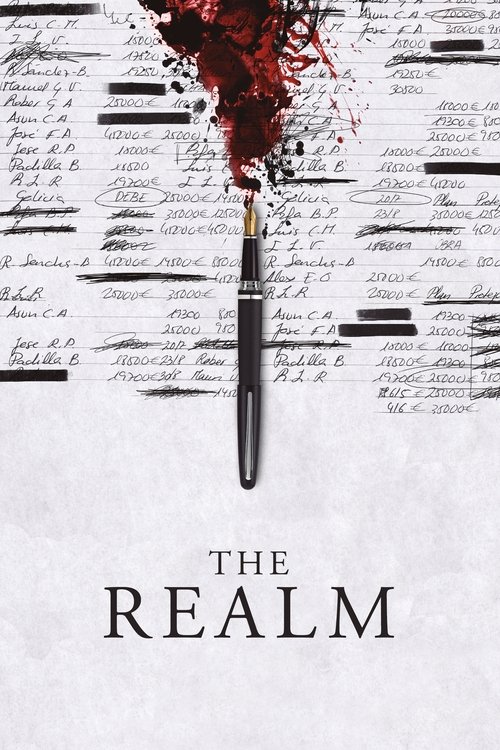
Ask Your Own Question
What is the plot?
What is the ending?
In the ending of the 2016 film "Emma," Emma Woodhouse realizes her true feelings for Mr. Knightley. After a series of misunderstandings and emotional turmoil, they confess their love for each other. Harriet Smith, who had been a close friend of Emma, finds happiness with Mr. Martin. The film concludes with a sense of resolution and joy as the characters embrace their futures.
As the film approaches its conclusion, the atmosphere is charged with tension and unspoken feelings. Emma Woodhouse, played with a blend of confidence and vulnerability, is grappling with the realization that her affections for Mr. Knightley have deepened beyond friendship. The scene unfolds in the picturesque setting of Hartfield, where Emma is seen pacing, her brow furrowed in contemplation. The camera captures her internal struggle, the soft light of the afternoon casting gentle shadows that mirror her conflicted emotions.
In a pivotal moment, Mr. Knightley, portrayed with earnest sincerity, arrives at Hartfield. The air is thick with anticipation as he confronts Emma about her recent actions, particularly her misguided attempts to match Harriet with Mr. Elton. Emma, feeling the weight of her mistakes, is defensive yet vulnerable. The dialogue is charged, revealing their mutual frustrations and unacknowledged feelings. As they speak, the tension shifts; the emotional stakes rise, and the realization dawns on both characters that they are meant for each other.
The scene transitions to a serene garden, where the blossoming flowers symbolize the growth of their relationship. Emma, now more self-aware, expresses her feelings to Mr. Knightley. The moment is tender, filled with longing and hope. Mr. Knightley, with a mixture of relief and joy, reciprocates her feelings, and they share a heartfelt embrace. The camera lingers on their faces, capturing the joy and relief that washes over them, signifying the culmination of their journey together.
Meanwhile, Harriet Smith, who has been a significant part of Emma's life, finds her own resolution. Earlier in the film, she had been caught in a web of unrequited love for Mr. Elton, but as the story unfolds, she begins to recognize her true feelings for Mr. Martin. In a quiet yet impactful scene, Harriet and Mr. Martin meet in a sun-drenched field, their chemistry palpable. They share a moment of understanding, and Harriet's face lights up with genuine happiness as she accepts his proposal. This scene serves as a contrast to Emma's earlier misguided matchmaking, highlighting the importance of true compatibility in relationships.
As the film draws to a close, the final scenes depict a gathering at Hartfield, where the characters come together in celebration. Emma and Mr. Knightley are seen hand in hand, their smiles radiant as they bask in the warmth of their love. Harriet and Mr. Martin join them, creating a tableau of happiness and fulfillment. The camera pans out, capturing the idyllic setting of the countryside, symbolizing new beginnings and the promise of the future.
In the end, Emma has transformed from a self-assured matchmaker to a woman who understands the depth of love and the importance of genuine connections. Mr. Knightley stands by her side, embodying the steadfast support she needs. Harriet, having found her own path, represents the idea that true love often comes from unexpected places. The film concludes with a sense of harmony, leaving the audience with a feeling of hope and the belief that love, in its many forms, ultimately prevails.
Is there a post-credit scene?
The 2016 adaptation of "Emma" does not include a post-credit scene. The film concludes with a resolution to the main characters' arcs, particularly focusing on Emma Woodhouse's journey towards self-awareness and her eventual romantic union with Mr. Knightley. The ending encapsulates the themes of love, friendship, and personal growth without any additional scenes after the credits.
What motivates Emma Woodhouse to play matchmaker for her friends?
Emma Woodhouse, portrayed by Anya Taylor-Joy, is driven by a combination of her desire for control and her belief in her own matchmaking abilities. She feels a sense of purpose in helping others find love, particularly her friend Harriet Smith, whom she believes is beneath her social standing. Emma's motivations are also rooted in her own insecurities and her complicated feelings about her own romantic prospects.
How does Emma's relationship with Mr. Knightley evolve throughout the film?
Emma's relationship with Mr. Knightley, played by Johnny Flynn, begins with a strong friendship marked by playful banter and mutual respect. As the story progresses, Emma's misguided matchmaking leads to misunderstandings and emotional turmoil. Mr. Knightley serves as a moral compass for Emma, challenging her decisions and ultimately revealing his deep feelings for her. Their relationship evolves from friendship to a romantic connection, culminating in a realization of love that transforms both characters.
What role does Harriet Smith play in Emma's life and her matchmaking schemes?
Harriet Smith, portrayed by Mia Goth, is a pivotal character in Emma's life, serving as both a friend and a project for Emma's matchmaking ambitions. Initially, Harriet is impressionable and easily swayed by Emma's opinions, which leads to a series of misguided romantic pursuits. As the story unfolds, Harriet's own desires and self-worth come into play, challenging Emma's control and forcing Emma to confront her own feelings and the consequences of her actions.
How does the character of Frank Churchill impact the dynamics between Emma and her friends?
Frank Churchill, played by Callum Turner, introduces a sense of excitement and intrigue into the social circle of Highbury. His flirtatious nature and charm captivate Emma, leading her to believe he is a suitable match for Harriet. However, his arrival also complicates Emma's feelings for Mr. Knightley and creates tension among the characters. Frank's eventual revelation about his engagement to Jane Fairfax serves as a turning point, forcing Emma to reassess her own feelings and the nature of her relationships.
What are the consequences of Emma's interference in Harriet's romantic life?
Emma's interference in Harriet's romantic life leads to a series of misunderstandings and emotional upheaval. By encouraging Harriet to pursue Mr. Elton, Emma inadvertently sets off a chain of events that results in Harriet's heartbreak when Mr. Elton reveals his true feelings for Emma instead. This fallout not only strains Emma's friendship with Harriet but also forces Emma to confront her own flaws and the impact of her actions on those she cares about, ultimately leading to her growth and self-awareness.
Is this family friendly?
The 2016 adaptation of "Emma" is generally considered family-friendly, but there are a few elements that might be objectionable or upsetting for children or sensitive viewers.
-
Class and Social Commentary: The film explores themes of class differences and social status, which may be complex for younger viewers to fully grasp. Some scenes depict the struggles of characters from lower social standings, which could evoke feelings of discomfort.
-
Romantic Entanglements: The story involves various romantic relationships, including misunderstandings and unrequited love. While not explicit, the emotional turmoil associated with these relationships may be intense for some viewers.
-
Miscommunication and Conflict: There are moments of tension and conflict between characters, stemming from misunderstandings and manipulations. These scenes may be emotionally charged and could be upsetting for sensitive viewers.
-
Character Flaws: The protagonist, Emma, exhibits manipulative behavior and makes mistakes that lead to hurt feelings among her friends. This portrayal of flawed characters may be challenging for younger audiences to process.
-
Social Isolation: Some characters experience feelings of loneliness and isolation, which could resonate with sensitive viewers and evoke empathy or sadness.
Overall, while the film is light-hearted and comedic in many respects, these elements may require parental guidance for younger audiences.






















